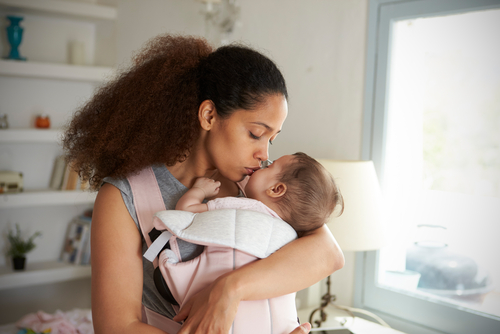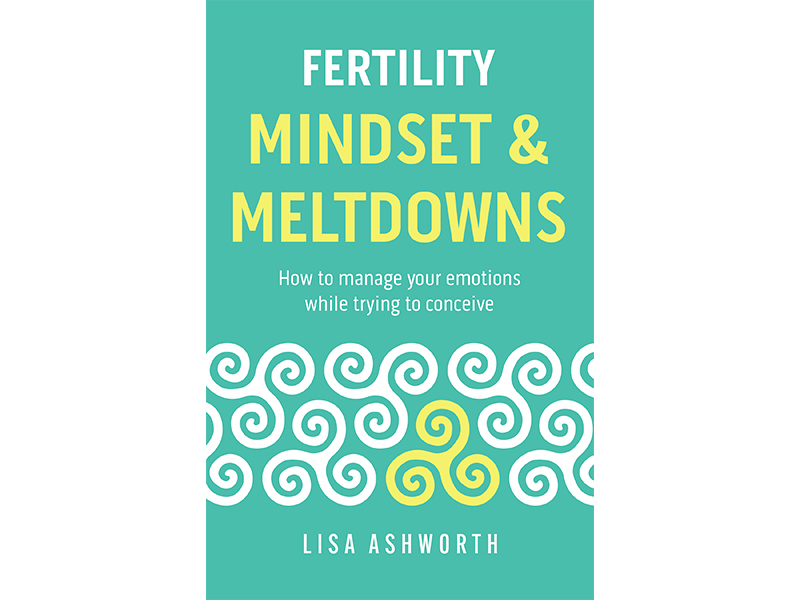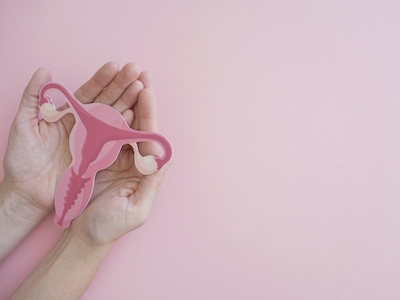
It’s no secret the women in the developed world are waiting longer to have a baby.
In 2019, there will be more women who give birth in their 30s than those that give birth in their 20s. What’s more, births among women over 40 will outnumber those in their 20s for the first time since the height of the baby boom.
This shift draws attention to the increasing number of women who are waiting until their mid-thirties to have their first child, around the time when a woman may start to experiences changes in her fertility.
Why are women waiting longer?
It’s difficult to pinpoint just one reason why a woman might choose to wait until her thirties to conceive. There are certainly some benefits to doing so, though.
- Financial security — In today’s unstable economic climate, it’s no surprise that women choose to wait until they’re more financially secure, either by reaching a key point in their careers or finding a loyal, long-term partner to have a child with.
- Children have a better start in life — Though there are increased risks during pregnancy, children born to older mums are generally healthier overall and have shown better language development.
- Emotional stability — Some studies have shown that children of older mothers have fewer social and emotional difficulties.
Are there any risks with later pregnancy?
If you’re trying to conceive and you’re 35 or older, you should be aware that there are some higher risks associated with pregnancy, including the increased chances of developing pre-eclampsia, miscarriage, and having a baby with a genetic condition like Down’s Syndrome. However, many healthy women who have children later in life do have smooth pregnancies with no serious complications.
Does it get harder to become pregnant as you get older?
Yes, it can be more difficult to conceive over the age of 35.
An NHS study found that of women aged 19 to 26, 92 per cent were able to conceive in their first year of trying and 98% after two years. In comparison, that drops to 82 per cent of women aged 35 to 39 who were able to conceive in their first year, and 90% after two years.
That said, there are still lots you can do to increase your chances of getting pregnant.
How to improve your chances of getting pregnant when you’re 35 or older
1. Get cyclesavvy
If you’re not sure you know enough about your menstrual cycle, then you’re not alone. In a recent UK survey, that targeted women aged 25-44 65 per cent of didn’t know how many days per cycle they could get pregnant, and over half didn’t know the key signs of ovulation.
Educating yourself about your menstrual cycle can really help when you are trying to get pregnant. Using fertility tracking apps or products such as ovulation tests and fertility monitors can help you determine the best time for you to have sex to maximise your chances of conceiving naturally.
Just be aware that ovulation differs from person to person, so tracking apps that aren’t personalised could be inaccurate.
2. Eat a well-balanced diet
Did you know that what you eat can have an effect on your fertility?
A study from Harvard University found that certain vitamins and nutrients can have a positive effect on your fertility, including:
- Folic acid
- Vitamin B12
- Omega-3 fatty acids
The UK Department of Health recommends that women who are trying to conceive should take 400 micrograms folic acid (vitamin B9) a day whilst trying to conceive and for the first twelve weeks of pregnancy. It is a good idea to start taking your folic acid 2-3 months before trying for a baby if possible. Having the right level of folic acid in your body when you conceive can reduce the risk of your baby developing a neutral tube defect
There are also things that you should avoid when trying for a baby such as alcohol and tabacco,and reducing down your caffine intake (The NHS recommends a limit of 200mg a day of caffeine which is the equivalent of two mugs of instant coffee).
It is important for both of you to stop smoking when trying to conceive. For women directly or passive smoking is likely to reduce their fertility and their chance of conceiving. For men, smoking can reduce semen quality.
3. Minimise stress
Couples who are trying to conceive are often told to ‘just relax’ or ‘think positively’, which can be very frustrating. If only it were that simple!
The relationship between stress and fertility is complex and unfortunately still unclear. There are many studies that look at the effect of stress in couples trying for a baby and the results are variable.
Trying for a baby can be a stressful experience, which can then have a negative impact on your relationship and your sex drive. We believe it is very important for everyone to recognise that this is absolutely normal and to be kind to yourselves, plan nice things and keep enjoying yourselves. It is also important to find your own personal way to manage stress. This may involve joining a support group or taking some time out to do some exercise or an activity that you enjoy. But if you do feel it is getting too much, we recommend seeking some expert support.
What about IVF?
If you have any concerns about your fertility, especially if you have been trying to conceive for 12 months or six months if you are over 35, talk to your doctor.
If you do decide to pursue the assisted conception route, it is imported to know that IVF is not necessarily the magical solution it’s portrayed to be. The success rates of IVF decline with age – for example, the IVF birth rate for under 35s is 29 per cent, which then drops to two per cent for women over 44.
That being the case, you should understand all the other options available to you. There are plenty of fertility tools and products available for you to use before resorting to IVF.
About the author
Dr Lucy Buckley is the Co-Founder of Dr Fertility, the home of trusted fertility education and products to help people to start or expand their family.








